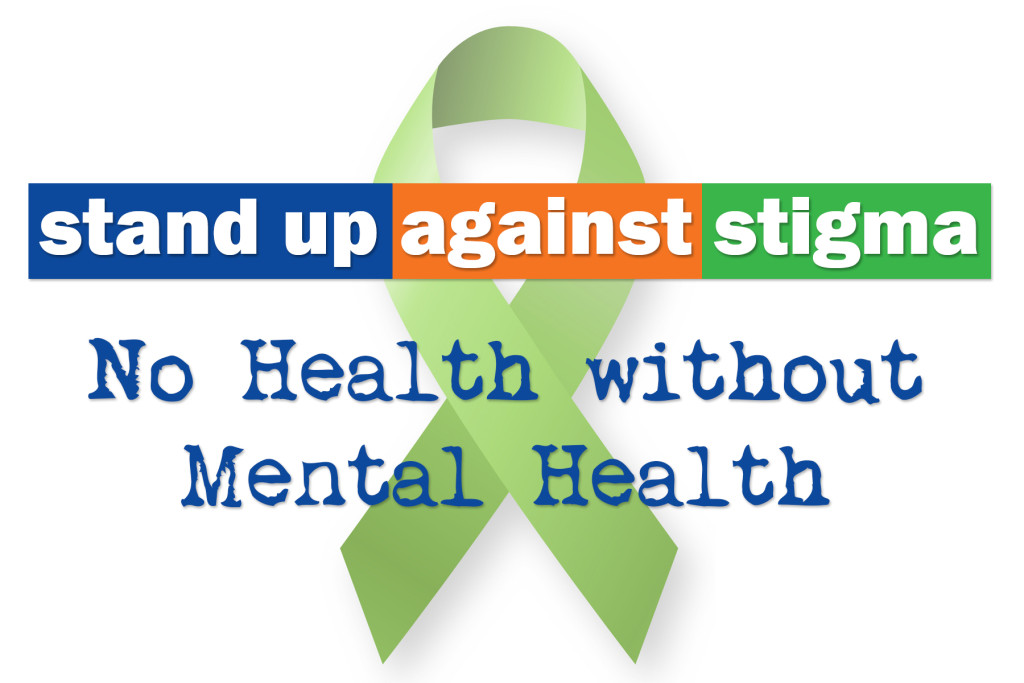If you weren’t aware, May is Mental Health Awareness Month. The importance of this month is to increase the knowledge that people have about Mental Illness, as well as the benefits of seeking professional treatment. Let’s make an effort to promote this issue year-round, rather than just one month!
According to the National Alliance on Mental Illness (NAMI), the following statistics were found in America (www.nami.org).
- Approximately 44 million people experience mental illness each year, which they break down further as 1 in 5 adults.
- 1 in 25 adults live with serious mental illness (or about 13.6 million people)
- One half of all mental illness begins by age 14, and three quarters by age 24
- Only approximately 60% of adults with a serious mental illness received mental health services in the previous year.
- Just over 50% of youth ages 8-15 with a mental illness received mental health services in the previous year.
- African American & Hispanic Americans used mental health services at about 1/2 the rate of whites in the past year and Asian Americans at about 1/3 the rate.
- In Children, suicide is the 3rd leading cause of death in youth ages 10-24.
- 90 percent of those who die by suicide had underlying mental illness.
There are various reasons why many people may not seek treatment. Some reasons include cultural views of therapy/counseling, difficulty in accessing services due to location or cost, or lack of awareness of counseling services. Perhaps there are some who had tried therapy or Psychiatric interventions and did not have a positive experience with their counselor or doctor. Still, a major reason could be due to the stigma of seeking out treatment.
What does this mean?
There are many people who will refuse or second-guess the idea of going to therapy because there is a “stigma,” or negative view, of therapy. Some think that if they seek help, they may be considered weak. Others may feel that others will discriminate against them because there is something “wrong” with them. People may feel ashamed to be associated with counseling. Even more may fear seeking treatment because of lack of support from family. The media often sheds a negative light on mental illness as well. Much of this stigma is due to lack of understanding and facts, and is based more on social opinion and outdated concepts.
How do we start to counter this stigma?
- First, treat all people respectfully.
- One of the major steps that we can take to counter the negative view of mental illness and treatment is to look at actual facts regarding the effectiveness of seeking treatment.
- Changing the way we speak about mental illness. It is important to avoid labeling people, or associating them with their diagnosis. For example, it is better to say “A person living with depression…anxiety…etc.” rather than labeling them “A depressed person, a schizophrenic person, a bipolar person, etc.”
- Avoid words like “Crazy, schizo, psycho, disturbed, mental, headcase, nuts, maniac, abnormal, etc.”
By changing the way we view and talk about mental health, we can spread a more positive view those who suffer from mental health concerns. By doing this, it may help encourage people to be more comfortable talking about mental illness, and seeking appropriate therapy and/or psychiatric services.
About Anthony Naguiat, LMHC:
Anthony is a Licensed Mental Health Counselor (LMHC) in the state of Florida. He earned his Bachelor’s Degree in Psychology and Master’s Degree in Mental Health Counseling from Nova Southeastern University. He is in private practice in Boca Raton, FL.
His approach to therapy is brief, positively focused, and solution-oriented. While many tend to focus solely on the “problem,” he strives to help clients identify strengths within themselves, their families, their support systems, and their communities. By doing so, clients are able to discover solutions to their problems quickly, and obtain long-lasting results.
For more information about his practice, click here. To schedule a free 10-minute phone consultation, click here, or call (561) 289-2810. You may also email Anthony@naguiatlmhc.com.
**Blog postings are not intended to be a substitute for professional counseling services.**
